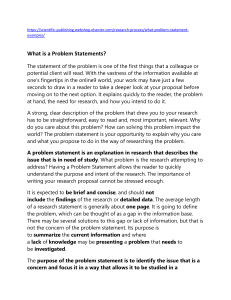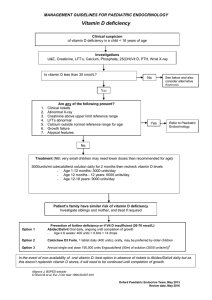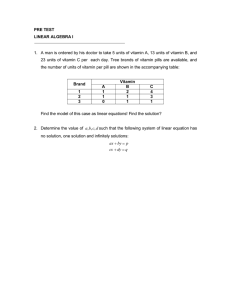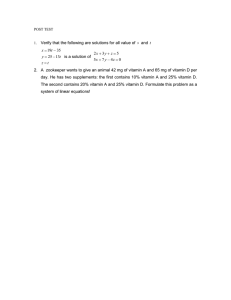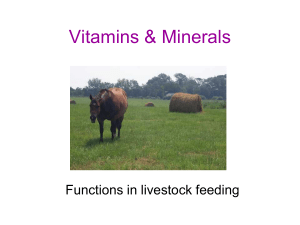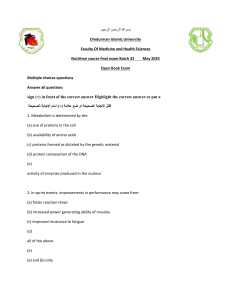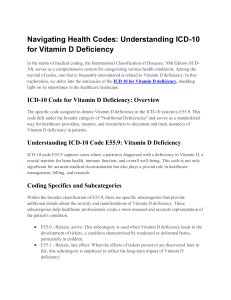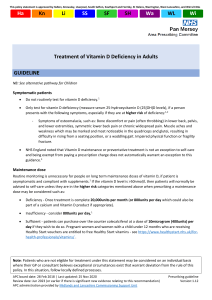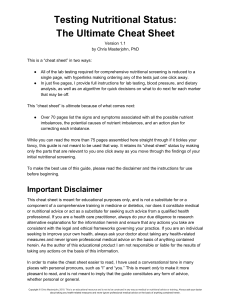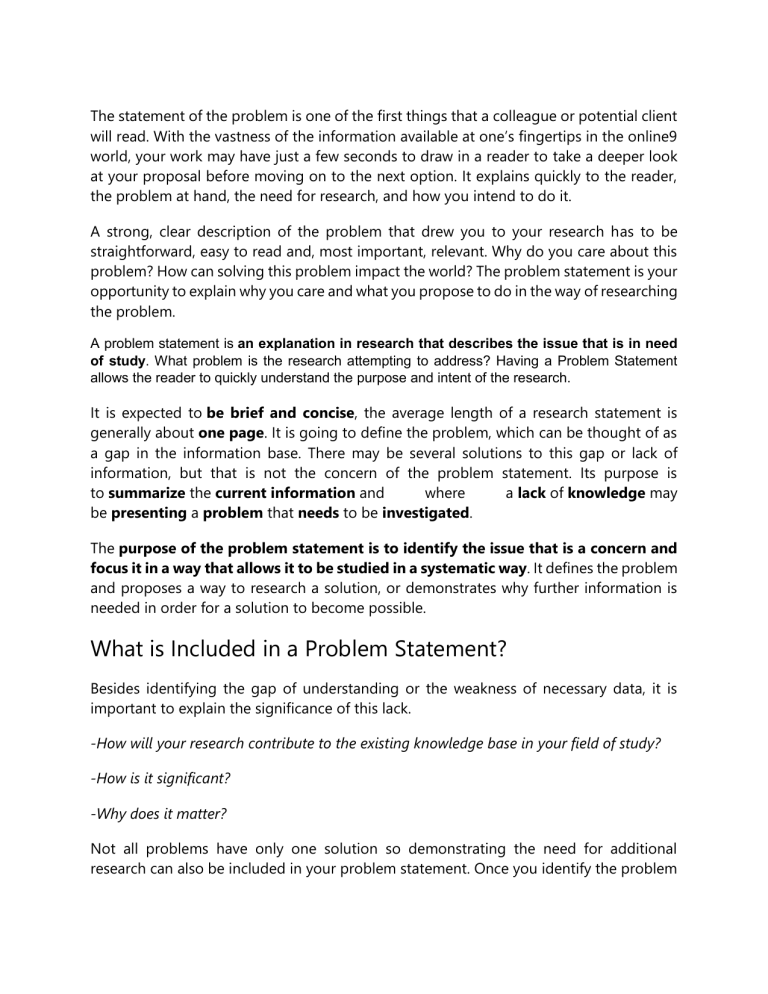
The statement of the problem is one of the first things that a colleague or potential client will read. With the vastness of the information available at one’s fingertips in the online9 world, your work may have just a few seconds to draw in a reader to take a deeper look at your proposal before moving on to the next option. It explains quickly to the reader, the problem at hand, the need for research, and how you intend to do it. A strong, clear description of the problem that drew you to your research has to be straightforward, easy to read and, most important, relevant. Why do you care about this problem? How can solving this problem impact the world? The problem statement is your opportunity to explain why you care and what you propose to do in the way of researching the problem. A problem statement is an explanation in research that describes the issue that is in need of study. What problem is the research attempting to address? Having a Problem Statement allows the reader to quickly understand the purpose and intent of the research. It is expected to be brief and concise, the average length of a research statement is generally about one page. It is going to define the problem, which can be thought of as a gap in the information base. There may be several solutions to this gap or lack of information, but that is not the concern of the problem statement. Its purpose is to summarize the current information and where a lack of knowledge may be presenting a problem that needs to be investigated. The purpose of the problem statement is to identify the issue that is a concern and focus it in a way that allows it to be studied in a systematic way. It defines the problem and proposes a way to research a solution, or demonstrates why further information is needed in order for a solution to become possible. What is Included in a Problem Statement? Besides identifying the gap of understanding or the weakness of necessary data, it is important to explain the significance of this lack. -How will your research contribute to the existing knowledge base in your field of study? -How is it significant? -Why does it matter? Not all problems have only one solution so demonstrating the need for additional research can also be included in your problem statement. Once you identify the problem and the need for a solution, or for further study, then you can show how you intend to collect the needed data and present it. A good problem statement will also layout the repercussions of leaving the problem as it currently stands. What is the significance of not addressing this problem? What are the possible future outcomes? It is helpful at this point to generally layout the present knowledge and understanding of the subject at hand, before then describing the gaps of knowledge that are currently in need of study. Your problem statement is a proposed solution to address one of these gaps. Example of Problem Statement in Research Proposal If, for example, you intended to research the effect of vitamin D supplementation on the immune system, you would begin with a review of the current knowledge of vitamin D’s known function in relation to the immune system and how a deficiency of it impacts a person’s defenses. You would describe the ideal environment in the body when there is a sufficient level of vitamin D. Then, begin to identify the problems associated with vitamin D deficiency and the difficulty of raising the level through supplementation, along with the consequences of that deficiency. Here you are beginning to identify the problem of a common deficiency and the current difficulty of increasing the level of vitamin D in the blood. At this stage, you may begin to identify the problem and narrow it down in a way that is practical to a research project. Perhaps you are proposing a novel way of introducing Vitamin D in a way that allows for better absorption by the gut, or in a combination with another product that increases its level in the blood. Describe the way your research in this area will contribute to the knowledge base on how to increase levels of vitamin D in a specific group of subjects, perhaps menopausal women with breast cancer. The research proposal is then described in practical terms. A problem statement is a concise description of an issue to be addressed or a condition to be improved upon. It identifies the gap between the current state and desired state of a process or product. Focusing on the facts, the problem statement should be designed to address the Five Ws, What, who, where, when and why.
